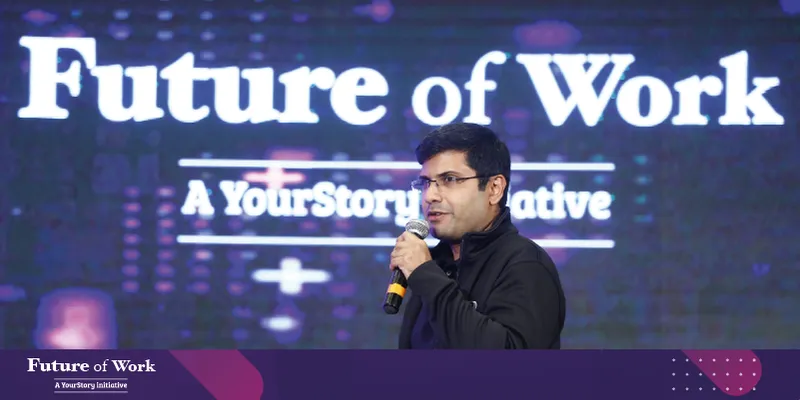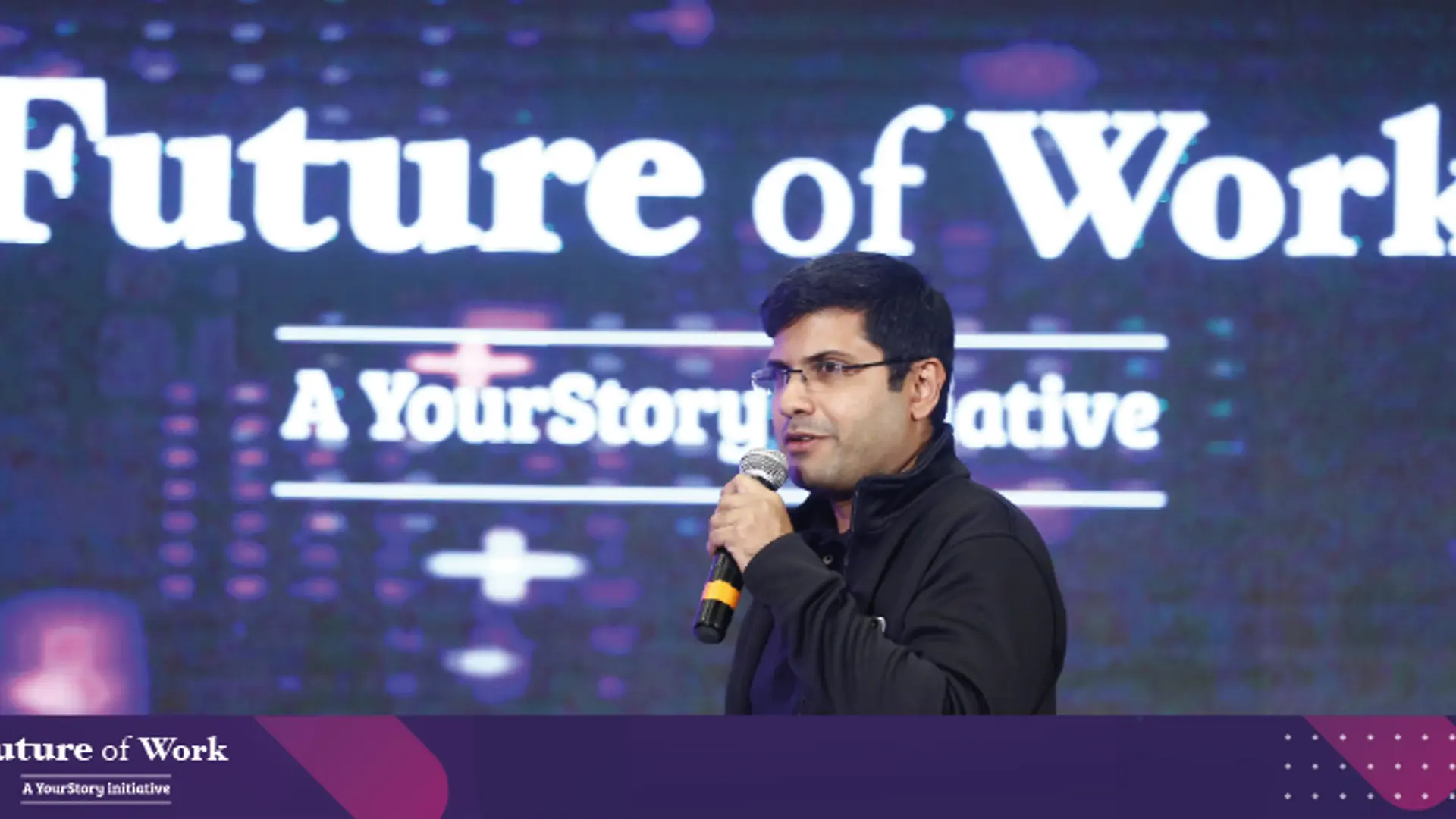Future of Work: How to build trust among customers, expand digital payments reach, explains PhonePe’s Rahul Chari
At YourStory's Future of Work 2020 conference, PhonePe Co-founder Rahul Chari speaks about how the digital payments reach can be expanded in India.
Payments startup boasts of a network of 200 million customers, making it one of the largest fintech companies in India. Acquired by in 2016, it caters to consumers, merchants, and financial services, with 69 percent of its users hailing from Tier-II cities. What is also noteworthy about the Bengaluru-based startup is the fact that despite not being one of the early entrants in the market, it has managed to scale and create an impressive user base.
Building trust among customers is the key to scaling, according to PhonePe Co-founder Rahul Chari. He was speaking at the third edition of YourStory's Future of Work, India's largest product-design-tech conference, on Friday.

PhonePe Co-founder Rahul Chari
"Democratising fintech means, we have to ensure that the customer’s journey of sending money, spending money, managing money, and growing their wealth should happen as a trusted bridge on a single platform. These are the building blocks engineered on PhonePe. These four things are steps to build trust," he said.
PhonePe aims to be part of every fintech transaction, which includes managing remittances, as well as enabling settlement of bills related to household expenses, said Rahul. Payments in India are largely unstructured and there is a big opportunity to be tapped in managing remittances, especially with only 200 million of the 1.3 billion plus population using digital payments, he noted.
The company plans to create digital payment acceptance at “any touch point in the country”, by focusing on merchant payments at stores.
The startup has its eyes set on becoming the largest transaction platform, by building a holistic ecosystem.
"When you think about engineering the product based on a ‘manage and grow’ option, it is a step that achieves a certain level of trust. It also allows consumers and companies to manage their financial statements and helps them manage expenses to grow their money. We are solving this along with ‘send’ and ‘spend’, because they are connected to each other.”
Rahul also highlighted the company’s democratic approach in building the ecosystem.
“Our approach is to build a large ecosystem. We are democratic because we are not holding the customer hostage to one particular platform. We are a payment container. We are big on UPI (Unified payments Interface), we support cards, wallets, and third party wallets too," he said.
PhonePe’s 200 million users have access to multiple apps and financial networks on its platform.
"We have stayed neutral. Being asset-light has been our strategy. Our journey has to be positive in its disruption. The only way we can make an impact is through automation."
Till date, PhonePe has linked over 120 million bank accounts and has over 60 million cards saved on its platform, which is used in 400 cities across India. The startup also enables 10 lakh kirana or mom-and-pop stores across 300 cities, to provide ATM services to customers.
(Edited by Ramarko Sengupta)
A big shout out to our Future of Work 2020 Sponsors: Alibaba Cloud, Larksuite, Vodafone Idea Limited, , Adobe, , , , , , , Maharashtra State Innovation Society, and GetToWork; and our Knowledge Partner: Ascend Harvard Business Review.






